The annual Bathing Water report published today shows that in 2021 almost 85% of Europe’s bathing water sites met the European Union’s most stringent ‘excellent’ water quality standards. The assessment gives a good indication of where swimmers can find the best quality bathing sites across Europe this summer. The assessment, put together by the European Environment Agency (EEA) in cooperation with the European Commission, is based on the monitoring of 21 859 bathing sites across Europe. These cover the EU Member States, Albania and Switzerland throughout 2021.
Main findings of the report
The report shows that the quality of coastal sites, which makes up two thirds of total bathing sites, is generally better than that of inland sites. In 2021, 88%, of the EU coastal bathing sites were classified as being of excellent quality compared to 78.2% of inland sites. Since the adoption of the Bathing Water Directive in 2006, the share of ‘excellent’ sites has grown, and has stabilised in recent years at around 88% for coastal and 78% for inland sites.
The report finds that, in 2021, the minimum water quality standards were met at 95.2% of sites. In Austria, Malta, Croatia, Greece, Cyprus, Denmark and Germany, 90% or more of bathing waters meet the ‘excellent’ quality standard.
The share of poor quality sites has dropped since 2013. In 2021, poor bathing waters constituted 1.5% of all sites in the EU, compared to 2% in 2013. Poor quality is often the result of short-term pollution. The report stresses that better assessments of the sources of pollution and implementing integrated water management measures can help improve water quality.
Alongside this year’s Bathing Water Report, the EEA has also released an updated interactive map showing the performance of each bathing site. Updated country reports are also available, as well as more information on the implementation of the directive in countries.
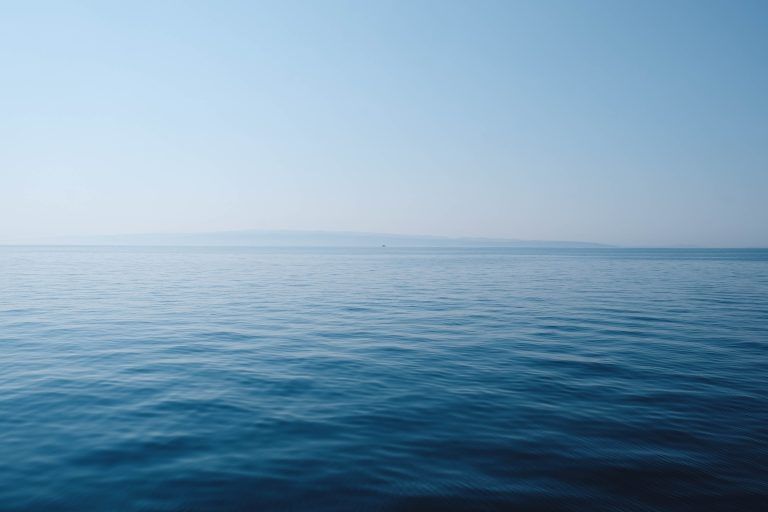
Leading EU initiatives to preserve the oceans |
Background
The quality of Europe’s bathing water has greatly improved over past decades due to systematic monitoring and management introduced under the EU’s Bathing Water Directive and other EU environmental laws including the Urban Waste Water Treatment Directive.
EU bathing water legislation specifies if bathing water quality can be classified as ‘excellent’, ‘good’, ‘sufficient’ or ‘poor’, depending on the levels of faecal bacteria detected. Where water is classified as ‘poor’, EU Member States should take certain measures, such as banning bathing or advising against it, providing information to the public, and taking suitable corrective actions.
These rules have led to a drastic reduction of untreated or partially treated municipal and industrial waste water ending up in bathing water. As a result, swimming is possible in many city-located surface water areas as well which were previously heavily polluted.
The European Commission is currently reviewing the Bathing Water Directive. The objective is to assess whether the current rules are still fit for purpose to protect public health and improve water quality or if there is a need to improve the existing framework, notably by addressing new parameters.
All EU Member States, plus Albania and Switzerland, monitor their bathing sites according to the provisions of the EU’s Bathing Water Directive.
The implementation of the Bathing Water Directive is supported by a broad EU framework of water legislation, including the Water Framework Directive, the Environmental Quality Standards Directive, the Groundwater Directive, the Marine Strategy Framework Directive and the Urban Waste Water Treatment Directive.
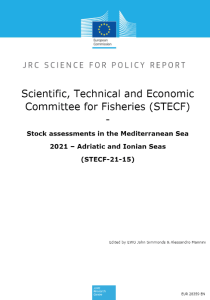
Stock assessments in the Mediterranean Sea 2021, Adriatic and Ionian Seas (STECF-21-15) |

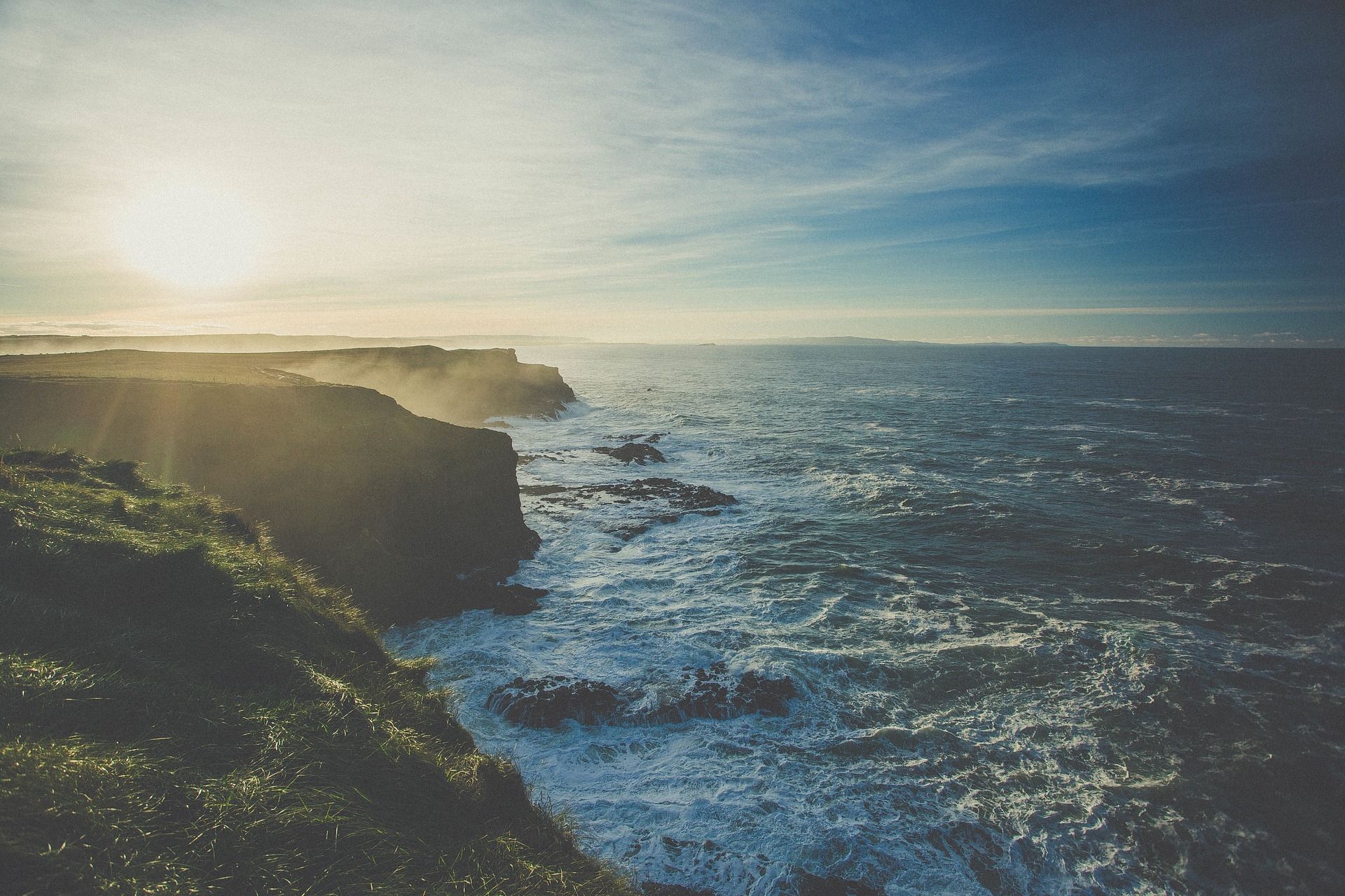

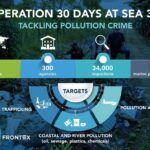
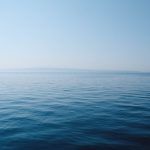

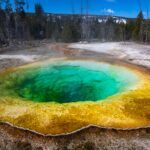
Leave a Reply